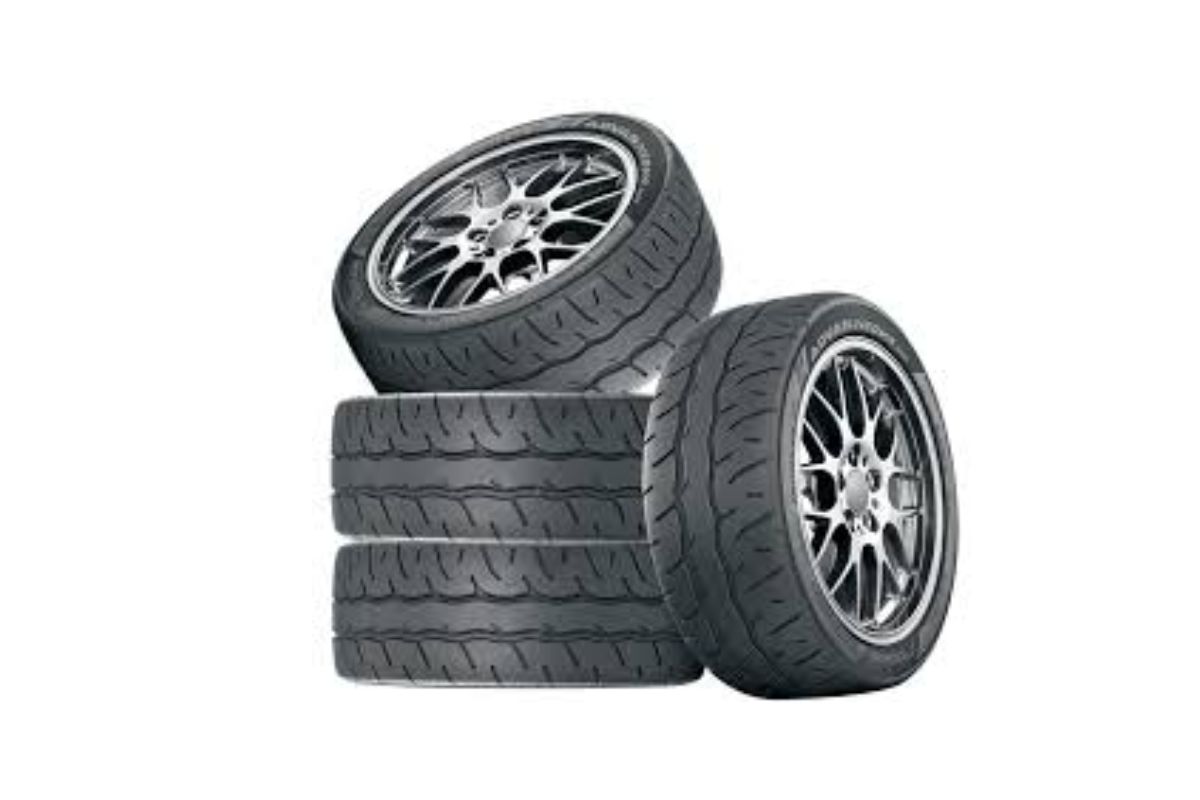Bridgestone, Continental, Douglas Tires Design
Tires play a crucial role in the performance, safety, and comfort of vehicles, making them a focal point of engineering innovation and design. In this comprehensive article, we explore the design philosophies and innovations of three prominent tire brands: Bridgestone, Continental, and Douglas. From cutting-edge materials to advanced tread patterns, each brand brings its own unique approach to tire design, catering to the diverse needs of modern motorists.
Bridgestone: Pioneering Technology for Performance and Sustainability
Bridgestone stands at the forefront of tire design, with a legacy of innovation spanning decades. Central to Bridgestone’s design philosophy is the integration of advanced technology and sustainable practices to deliver high-performance tires that meet the demands of today’s drivers.
Bridgestone’s commitment to performance is evident in its use of proprietary materials and manufacturing processes. From high-strength steel belts to silica-enhanced rubber compounds, Bridgestone tires are engineered to provide optimal grip, traction, and durability across various driving conditions.
Moreover, Bridgestone is dedicated to sustainability, employing eco-friendly materials and production methods to minimize environmental impact. By incorporating renewable resources and reducing carbon emissions throughout the manufacturing process, Bridgestone strives to create tires that not only perform well but also contribute to a more sustainable future.
Continental: Engineering Excellence for Safety and Comfort
Continental is renowned for its dedication to engineering excellence, with a focus on safety, comfort, and innovation. At the core of Continental’s tire design philosophy is a relentless pursuit of quality and performance, driven by cutting-edge research and development.
Continental’s tire designs are characterized by their advanced tread patterns and innovative features, designed to enhance grip, stability, and handling. Whether it’s the use of unique siping patterns for improved traction or the incorporation of run-flat technology for enhanced safety, Continental tires are engineered to deliver uncompromising performance on the road.
Furthermore, Continental prioritizes comfort and refinement in its tire designs, employing noise-reducing technologies and optimized tread designs to minimize road noise and vibrations. By prioritizing driver comfort and satisfaction, Continental sets itself apart as a leader in tire design and innovation.
Douglas: Balancing Affordability with Reliability
Douglas is known for offering high-quality tires at affordable prices, making it a popular choice for budget-conscious consumers. Despite its competitive pricing, Douglas tires are engineered to deliver reliable performance and durability, catering to the needs of everyday motorists.
One of the key features of Douglas tires is their emphasis on tread life and durability. By utilizing durable rubber compounds and robust tread designs, Douglas tires are designed to withstand the rigors of daily driving without compromising performance or safety.
In addition to durability, Douglas tires are engineered to provide predictable handling and traction in various weather conditions. From wet roads to dry highways, Douglas tires offer drivers confidence-inspiring performance at an accessible price point.
Conclusion:
In conclusion, the design philosophies of Bridgestone, Continental, and Douglas reflect a diverse range of approaches to tire engineering. Whether it’s Bridgestone’s focus on performance and sustainability, Continental’s dedication to safety and comfort, or Douglas’s commitment to affordability and reliability, each brand brings its own unique strengths to the table. By understanding the design principles behind these prominent tire brands, consumers can make more informed decisions when selecting tires for their vehicles, ensuring optimal performance, safety, and value.







